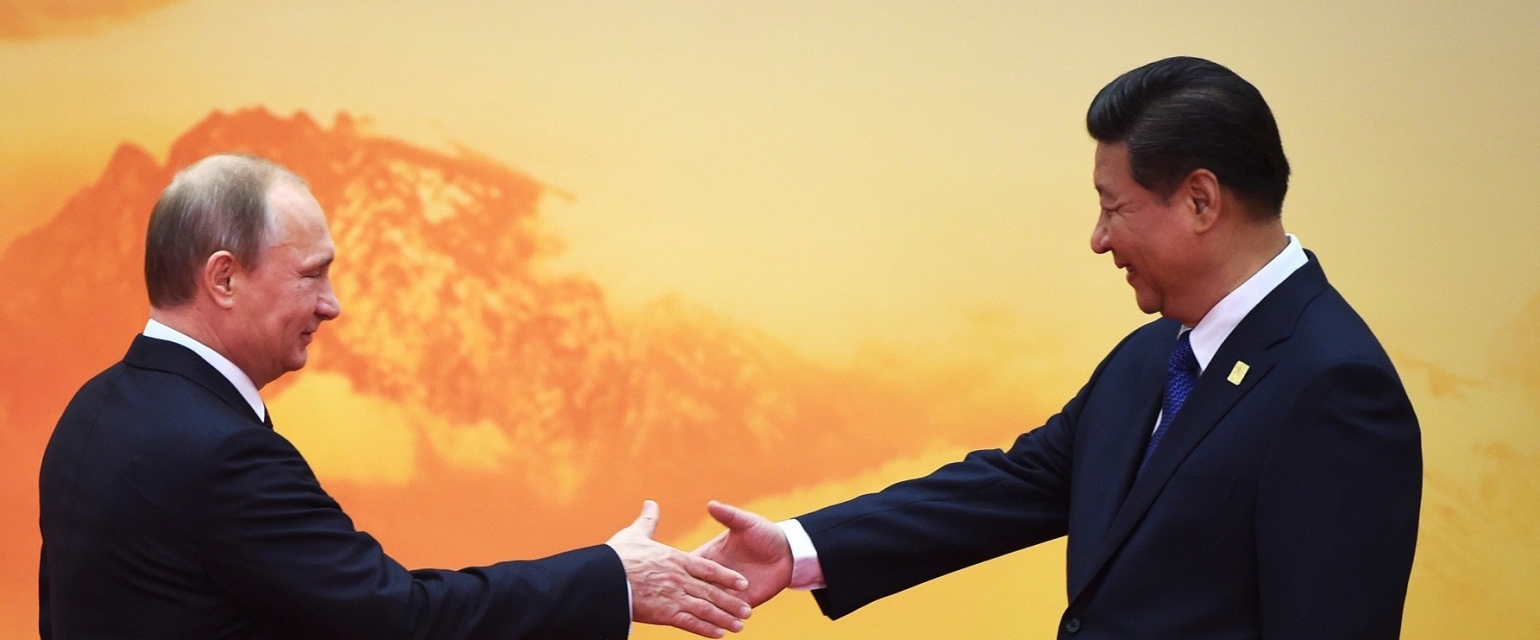

While Putin’s appearance at the UN General Assembly was the most talked-about foreign policy event of the month, there were plenty of other moves, from Central Asia to the Middle East, worthy of consideration.
Russia's increased military involvement in the Syrian crisis and the much anticipated meeting between Barack Obama and Vladimir Putin on the sidelines of the UN General Assembly in New York grabbed most of the headlines in September.
As a result, some other Russian foreign policy moves have passed largely unnoticed. Yet, these other events also significantly affect Moscow's relationship with other countries and help to advance the Kremlin's strategic interests abroad.
Here is our countdown ranking of Russia’s top 10 foreign policy moves in September:
#10. Europe’s largest Sunni mosque opens in Moscow
Europe's largest Mosque, able to accommodate 10,000 worshippers, opened on Sept. 23 in Moscow. The event was a landmark for Russia’s Sunni Muslim community, which comprises about 10 percent of the nation’s population (14.5 million people). The Kremlin described the opening of the mosque in the heart of Russia as a symbol of a "united, multi-ethnic and multi-religious" country.
Putin expressed confidence that the mosque would help disseminate the “humanistic ideas and true values of Islam” in Russia.
The opening of Europe’s largest mosque also gives Russia additional weight in the eyes of the Sunni countries of the Middle East, especially Turkey and Egypt, as well as among Europe’s Muslim communities.
#9. Russia strengthens security on the Tajik-Afghan border
In recent years political stability of Russia’s allies has acquired increased importance to the Kremlin, as it directly affects the situation within Russia itself. In this context, Moscow has developed a new defense strategy, the essence of which is to create defensive frontiers away from the Russian border. In relations with neighboring Tajikistan, the logic of this strategy is particularly well defined.
For instance, in September Moscow began to render border security assistance and supply modern weaponry to Dushanbe. In recent years the country has been in a particularly difficult position. The turmoil in neighboring Afghanistan has only added to the internal instability. During one incident in early September, an army general raised an armed rebellion against the government.
#8. Russia hosts a military airbase in Belarus
On Sept. 19 Putin approved the establishment of a Russian airbase in Belarus. A preliminary agreement on the matter was reached in 2013, but its implementation suffered continuous delays. However, the tension with NATO, U.S. plans to deploy military bases in Poland and the modernization of U.S. tactical nuclear weapons in Europe sped up the decision.
Establishing a base is logical given the deep military ties between Russia and Belarus. Since 2009 an agreement has been in place on the joint protection of the countries’ external air borders and the creation of a joint regional air defense system. The base is due to be located in eastern Belarus, closer to Russia's borders than the EU’s, which means its purpose is more defensive than offensive.
Continue reading at Russia Direct
Summit of the Americas held on April 10–11 in Panama not only illustrated the general movement of Latin American countries towards abandoning the system of inequitable relations with the US but also outlined new trends carrying a potential threat for the regional interests of Russia
The agreements establish a framework for cooperation in the event that either side takes any large-scale military actions, requiring the parties to inform each other in advance of any such steps. The document also sets out a code of conduct to be followed if U.S. or Chinese military air or naval units come into contact with each other.
On Dec. 15, Russian Foreign Minister Sergey Lavrov and U.S. Secretary of State John Kerry met in Moscow, after which they both talked with President Vladimir Putin. Then, on Dec. 17, Vladimir Putin held his traditional year-end press conference, during which he answered questions, many of which dealt with foreign policy issues.
At the time of increasing U.S.-Russia confrontation and partisan thinking over Ukraine, it is becoming difficult for think tanks in these two countries to straddle between two extreme viewpoints. In some cases, these think tanks are even coming under media criticism for their stances or political pressure from top policymakers.